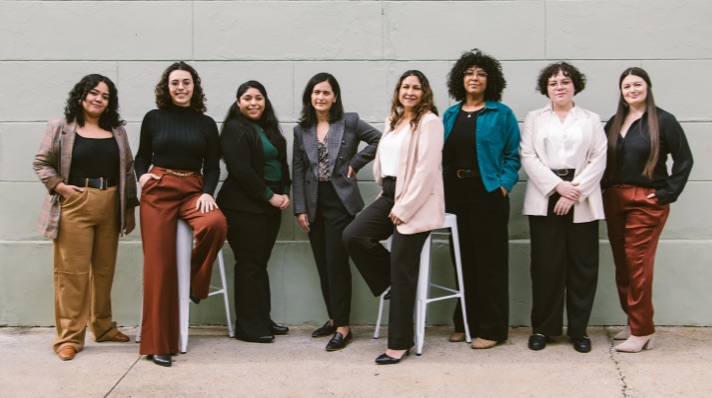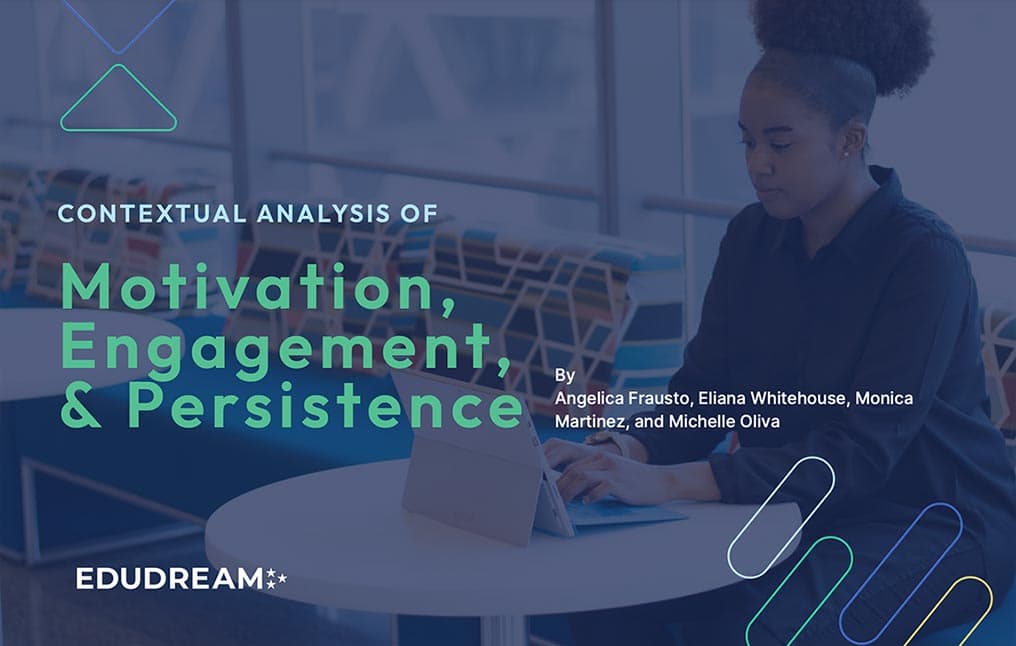A Pathway for Action and Transformation in Education
Addressing systemic inequities in our education system, intensified by COVID-19, requires centering on racial equity solutions. Now is the time to address inequities directly, engage in courageous conversations, and move toward racial healing. Yet, research on equity-centered resources, tools, and approaches points to limited availability of equity tools and processes specifically designed with the context of schooling in mind.
In Pursuit of Racial Equity White Paper
The white paper, In Pursuit of Racial Equity: A Pathway for Action and Transformation in Education, highlights what is known about national efforts to advance equity and lays out actionable steps the Biden-Harris administration can take to support educational equity.
Download the white paper to learn more about:
- The role of policy and government in advancing equity;
- Existing federal, state, local, and philanthropic equity tools;
- Evidence on the need to address racial equity in education
The EduDream Equity Toolkit
The EduDream Equity Toolkit (EET™) was developed in response to the research summarized in the White Paper, In Pursuit of Racial Equity: A Pathway for Action and Transformation in Education.
To help districts and schools build capacity to advance educational equity, EduDream created a comprehensive toolkit and approach for successfully developing and implementing equity-focused plans. Using data analysis, honest dialogue, and action-planning tools, the EET engages and empowers education leaders to work toward systems change to combat educational inequities.
For districts and schools newer to equity work, the EET can help:
- Create awareness of biases
- Establish a common language
- Define a clear equity statement
- Set equity goals
For districts and schools that have been engaging in equity work for a few years, the EET can help:
- Assess the current state of equity work and progress
- Confirm or refine equity statements
- Recalibrate on equity goals
- Develop a roadmap for moving the equity work forward
The District/School Readiness Assessment
District and school teams will begin the EET process by completing the District/School Readiness Assessment (DSRA). The DSRA is not designed as an evaluative tool, nor does it assess how well districts are doing in addressing equity. Rather, the DSRA helps district leaders and teams understand the current state of equity work and identify gaps so they can begin to address them.
The EET District/School Readiness Assessment focuses on the following five domains:
- District or School Strategy, Vision and Shared Accountability
- District or School Norms and Culture
- Systems and Structures to Ensure Equity
- Culturally Responsive Approaches to Education
- Parental Engagement and Community Collaboration




